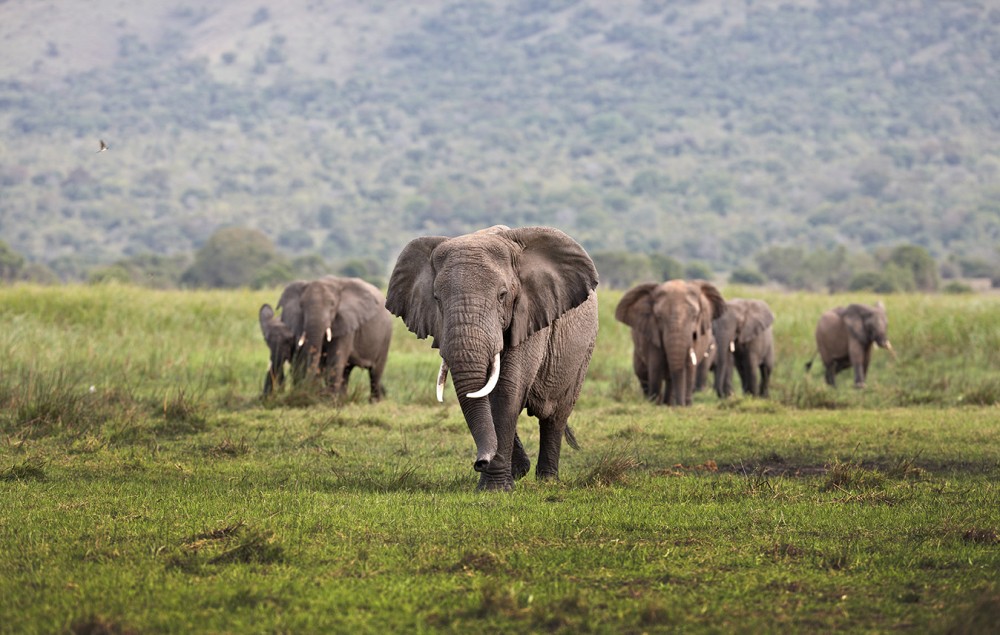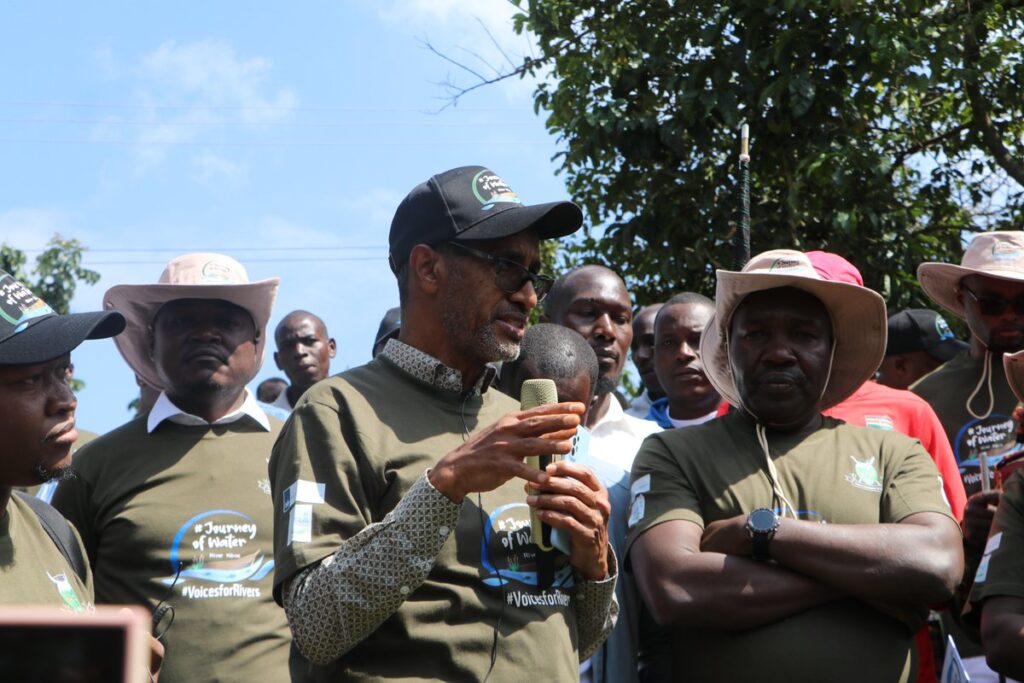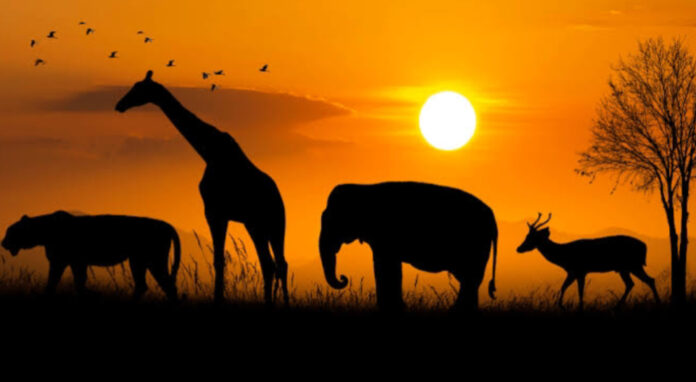The 2024 Living Planet Report, released on October 10, reveals a staggering 76% decline in the average size of wildlife populations across Africa over the past 50 years. This alarming finding highlights the urgent need for action to protect the continent’s biodiversity and the ecosystems that support it.

Key Highlights:
- 76% decline in monitored wildlife populations in Africa, affecting mammals, birds, amphibians, reptiles, and fish.
- The primary threats include habitat loss, overexploitation, climate change, pollution, invasive species, and disease.
- Global freshwater populations have suffered an 85% decline, followed by terrestrial (69%) and marine ecosystems (56%).
- The report describes a “system in peril,” warning that without immediate interventions, Africa risks crossing critical tipping points due to nature loss and climate change.
A Deepening Crisis for Wildlife
According to the report by the World Wildlife Fund (WWF), the world has experienced an overall decline of 73% in monitored vertebrate wildlife populations between 1970 and 2020. For Africa, the situation is even more dire, with a 76% drop primarily driven by habitat destruction, overexploitation, and pollution, compounded by the impacts of climate change. This trend underscores the urgent need for transformative action to safeguard Africa’s natural ecosystems and the livelihoods that depend on them.
Despite the alarming decline reflected in the Living Planet Index, there are signs of hope in Kenya. Iconic species such as the African lion, African elephant, and black rhino have shown stabilisation or growth in their populations, thanks to effective conservation initiatives. The resurgence of the black rhino in Kenya is particularly noteworthy, increasing from around 400 individuals in the 1980s to a remarkable 1,004 in 2023, marking a significant milestone for this critically endangered species.
The Threat of Tipping Points
However, the report warns that ongoing ecosystem degradation could push Africa beyond critical thresholds. As ecosystems reach these tipping points, their ability to support wildlife and sustainable development will diminish, leading to severe repercussions for food security, water availability, and climate resilience.
The report emphasises the urgency of meeting global goals on nature, climate, and sustainable development by 2030. It presents proven solutions to transform conservation efforts as well as the energy, food, and financial systems in a fair and inclusive manner.
Calls to Action
Mohamed Awer, Chief Executive Officer of WWF Kenya, stated, “Kenya is at the forefront of making significant contributions to fight climate change and restore nature. The country’s National Biodiversity Strategies and Action Plans (NBSAPs) present a unique opportunity to mobilise resources to restore ecosystems and enhance the sustainable use of biodiversity.”

Jackson Kiplagat, Head of Conservation Programmes at WWF-Kenya, echoed this sentiment, highlighting the importance of collaborative efforts. He said, “The rebounding of the black rhino is a testament to the power of concerted efforts by all stakeholders. Targeted recovery and action plans will ensure that these species not only survive but thrive.“
Background on the Living Planet Report
The Living Planet Report is WWF’s flagship publication, now in its 15th edition. It provides a comprehensive assessment of global biodiversity trends and the health of our planet. The report underscores the interconnected crises of nature loss and climate change, emphasising the critical need for urgent action to reverse these trends and protect the natural world.
As nations prepare to submit revised biodiversity strategies ahead of COP16 in Colombia and climate plans for the Paris Agreement, WWF is urging countries to ensure these plans are ambitious and comprehensive. The stakes are high, and the future of wildlife and ecosystems hangs in the balance.
READ ALSO: SPACEX LAUNCHES STARSHIP: WHAT TO KNOW ABOUT THE WORLD’S MOST POWERFUL ROCKET
